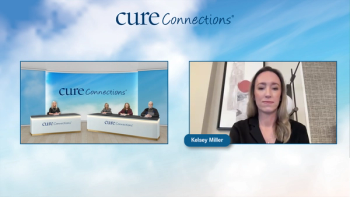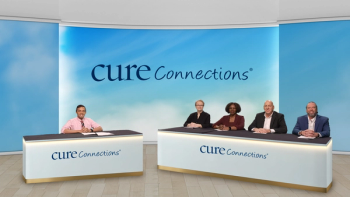
Opinion|Videos|May 8, 2025
EMERALD Trial Results: What Prior CDK4/6i Duration Means for Treatment Success
Author(s)Virginia Kaklamani, MD, DSc, Megan Kruse, MD
Panelists discuss how the EMERALD trial demonstrated elacestrant's efficacy in ESR1-mutated tumors, particularly in patients who had received CDK4/6 inhibitors for at least 12 months. This led to its FDA approval for this specific population.
Advertisement
Episodes in this series

Clinical Brief: Elacestrant Subgroup Benefits and Safety Profile
Main Discussion Topics:
- Efficacy across different disease sites (bone-only versus visceral)
- Impact of tumor burden (multiple sites of metastasis)
- Co-mutation status (PIK3CA, p53) and treatment efficacy
- Safety profile focusing on gastrointestinal (GI) tolerability and lipid monitoring
- FDA recommendation for lipid profile monitoring requirements
Key Points for Physicians:
- Elacestrant efficacy maintained in visceral disease and high tumor burden
- Unexpected positive results even in p53-mutant tumors
- Less antiemetic use required compared with aromatase inhibitors
- New requirement: lipid profile before treatment and as needed thereafter
- Overall well-tolerated side effect profile with manageable GI symptoms
The comprehensive subset analyses support broad applicability of elacestrant in ESR1-mutant patients who demonstrate endocrine sensitivity, regardless of traditional adverse prognostic factors.
Advertisement
Advertisement
Advertisement
Trending on CURE
1
FDA Updates Safety Warnings for Common Chemotherapy Drugs
2
New Combination Treatment Approach Studied in Pancreatic Cancer
3
U.S. Soccer Legend Kasey Keller Reveals Lymphoma Journey
4
Real-World Data with Amtagvi Show High Response Rates in Advanced Melanoma
5


